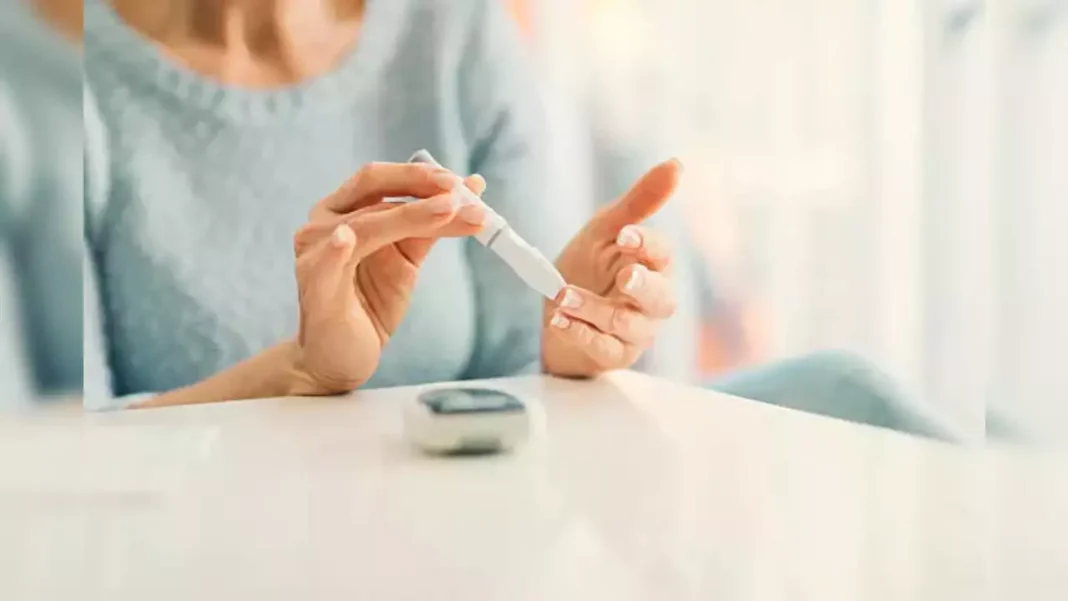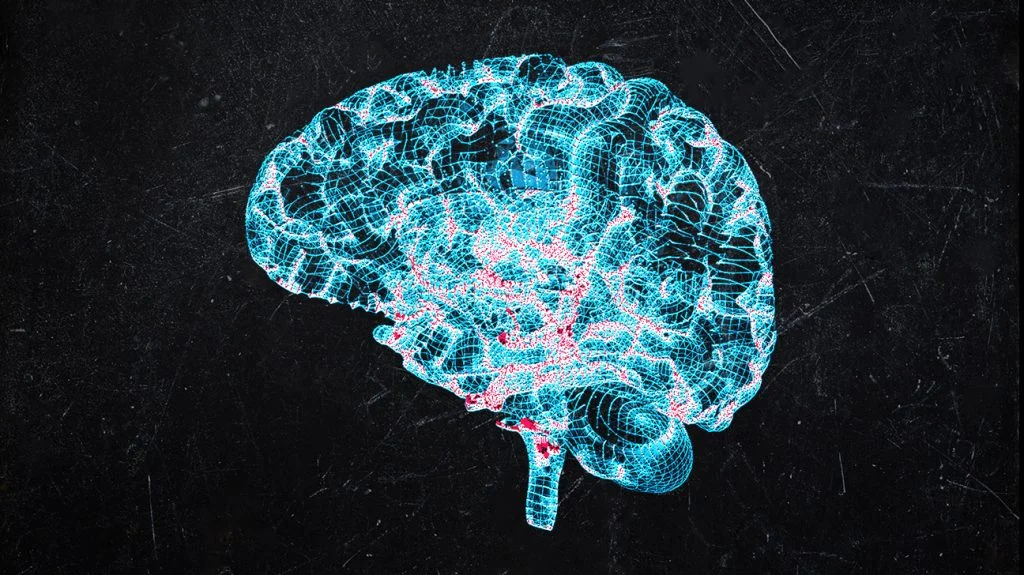New research presented at the Annual Meeting of the European Association for the Study of Diabetes sheds light on a concerning issue – the correlation between food insecurity and severe hypoglycaemia in adults with diabetes. As the cost of living continues to rise, the results of this study carry significant implications for public health and diabetes management.
Severe Hypoglycaemia: A Serious Concern: Severe hypoglycaemia is a critical condition characterized by dangerously low blood sugar levels, which can lead to loss of consciousness, seizures, coma, and even death. Typically, this condition is rare in individuals with diabetes, unless they are taking insulin or secretagogues, two commonly prescribed classes of diabetes medications.
The Alarming Connection: Data analysis from the United States has revealed a striking link between food insecurity and severe hypoglycaemia. Those who struggle to afford food were found to be 2.2 times more likely to experience severe hypoglycaemic events. While the impact of food insecurity on health has been recognized, this study provides valuable real-world insights into its effect on severe hypoglycaemia rates.
A Groundbreaking Study: Dr. Alexandria Ratzki-Leewing and her colleagues conducted a groundbreaking investigation using data from the iNPHORM study, a 12-month prospective panel survey of hypoglycaemia risk in the real world. Their analysis involved 1,001 adults with either type 1 or type 2 diabetes who had been treated with insulin and/or secretagogues for at least one year. The participants were diverse, with an average age of 51 years and a median diabetes duration of 12 years.
Key Findings: The study employed a screening question to identify individuals who had experienced food insecurity in the past year. Shockingly, approximately one in five participants reported food insecurity, with similar rates observed in both type 1 and type 2 diabetes patients. Among those who experienced food insecurity, over half had encountered at least one Level 3 hypoglycaemic event in the past year.
The Impact of Food Insecurity: Multivariable regression analysis, adjusting for potential confounders such as age, income, insurance coverage, living arrangements, and diabetes type, revealed a compelling result. Those who had faced food insecurity were found to have more than doubled the rate of severe hypoglycaemia events compared to those without food insecurity.
Recommendations and Implications: Dr. Ratzki-Leewing emphasized the importance of this study’s findings, calling for increased vigilance among clinicians when managing individuals with food insecurity who are prescribed insulin or secretagogues. Additionally, she stressed the need for public health strategies to address food insecurity, as it plays a pivotal role in preventing severe hypoglycaemia and its severe consequences.
The Short and Long-Term Impact: Severe hypoglycaemia can result in immediate dangers such as seizures and coma, as well as long-term complications including nerve and heart damage, and even premature mortality. The economic costs associated with these health effects are substantial. Thus, addressing food insecurity not only reduces the burden of diabetes-related severe hypoglycaemia but also improves overall health and economic well-being.
This groundbreaking study reveals the urgent need to address food insecurity among adults with diabetes taking insulin or secretagogues. By doing so, we can mitigate the risks of severe hypoglycaemia and its dire consequences, ultimately improving the health and well-being of individuals with diabetes. In a world where the cost of living is on the rise, these findings resonate not only in the United States but also globally.
Can not eating enough cause hypoglycemia? Yes, not eating enough can indeed cause hypoglycemia, especially in individuals with diabetes who are taking medications like insulin or secretagogues. When you skip meals or consume inadequate amounts of carbohydrates, your blood sugar levels can drop significantly, leading to hypoglycemia. This condition occurs when there isn’t enough glucose (sugar) in your bloodstream to provide energy to your body’s cells and organs.
What can happen with severe hypoglycemia? Severe hypoglycemia can have serious consequences. It can lead to symptoms such as confusion, dizziness, shakiness, irritability, and, in extreme cases, loss of consciousness, seizures, coma, and even death if left untreated. Severe hypoglycemia is a medical emergency and requires immediate intervention, typically in the form of consuming a fast-acting source of glucose, such as fruit juice or glucose gel, to raise blood sugar levels.
Why is diabetes associated with food insecurity? Diabetes is associated with food insecurity for several reasons. People with diabetes often require special diets that can be more expensive, and the cost of diabetes medications and supplies can be a financial burden. Additionally, managing diabetes may require regular meals and snacks, making it challenging for individuals who cannot afford an adequate and consistent food supply. Food insecurity can lead to irregular eating patterns and, as shown in the mentioned study, is associated with a higher risk of severe hypoglycemia in people with diabetes.
How does hypoglycemia lead to increased hunger and food cravings? Hypoglycemia can lead to increased hunger and food cravings as a natural response by the body to restore blood sugar levels to normal. When your blood sugar drops too low, your body perceives it as an energy crisis. In response, it releases hormones like adrenaline and glucagon to raise blood sugar levels. These hormones can trigger feelings of hunger and cravings for carbohydrate-rich foods because carbohydrates are a quick source of glucose. This phenomenon is the body’s way of trying to resolve the hypoglycemic state and ensure a steady supply of energy to the brain and body.











